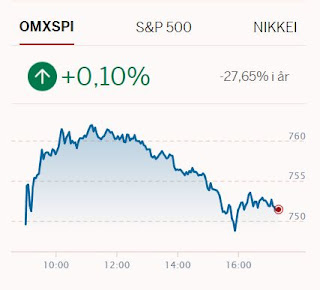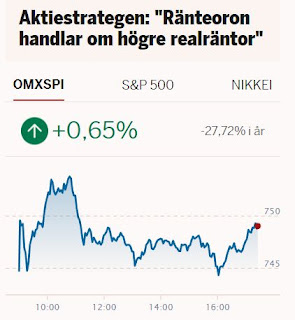James Grant, the founder of Grant’s Interest Rate Observer, calls interest the “universal price”...
... because it performs so many roles. For a start, it constitutes the capitalisation or discount rate without which valuation is impossible. Infflation is back, and along with it a widespread obsession about the future direction of interest rates. This is hardly surprising. In the past, a dose of tight money has brought prices under control. However, interest’s role in ensuring price stability is just one of its many functions. Our neglect of those other functions explains why the financial markets are in such a jumpy state today. James Grant, the founder of Grant’s Interest Rate Observer, calls interest the “universal price” because it performs so many roles. For a start, it constitutes the capitalisation or discount rate without which valuation is impossible. As every business student learns, a company’s present value is calculated by discounting future cash flows. “Anticipation is always at a discount”, said the Scotsman John Law in the early 18th century. The Austrian economist












